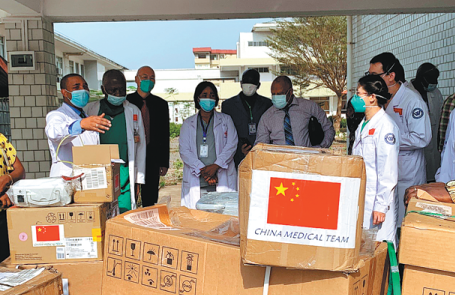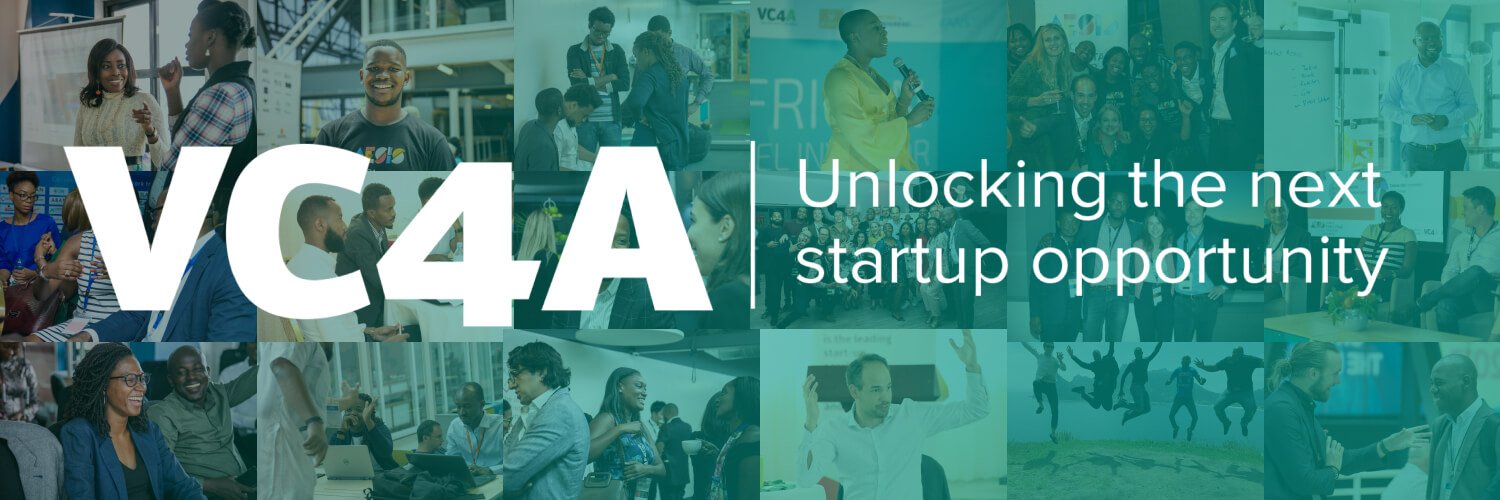For Sandy Tolno, a cardiologist in Guinea, rising cases of cardiovascular disease among young people in African countries is a major worry.
Although malaria, typhoid fever and other infectious diseases remain the most-prevalent among the local population, “in Guinea, we have experienced a rapid surge in cases of cerebral stroke, hypertension, acute coronary syndrome and diabetes. Such diseases are particularly common among young people,” Tolno said in an online interview.
He said that as the young population is the pillar of the nation’s economic growth, the prevalence of such diseases must be contained, “or they will threaten to derail the nation’s poverty alleviation efforts.”
The Sino-Guinean Friendship Hospital, where Tolno serves as dean, has been tasked with responding to the situation. In September, it welcomed a highly capable helping hand, with the arrival of a group of experienced Chinese specialists in cardiology, neurology, neurosurgery and rehabilitation.
The 21-strong group was the 28th medical team sent by China to Guinea. Most of the group members are from Xuanwu Hospital affiliated to Capital Medical University in Beijing, which has expertise in studying neurology and cardiology.
Amid the COVID-19 pandemic, an Ebola outbreak and the threat of mosquito and snake bites, the team members wasted no time passing on their skills to local doctors and offering services to patients.
Zhang Wei, head of the team and deputy dean of the Sino-Guinean Friendship Hospital, said the medical workers are on standby 24 hours a day to receive patients, which is significantly different from their work routine in China.
By the end of June, the team had provided outpatient services to 1,834 patients, admitted 2,276 patients to the hospital, conducted 218 operations, provided diagnoses and examinations for 1,518 patients, and conducted emergency treatment in 674 cases.
Zhang said: “Our surgeons have performed surgery and given the hope of life to a patient with a huge brain tumor. They have also conducted operations on a 95-year-old patient with a ruptured hip. Our peers in Guinea have mastered new surgery skills, while local patients enjoyed the benefits of a higher level of healthcare.”
The Chinese experts have also held several seminars with their Guinean counterparts, offering skills training and developing standardized treatment procedures to help local medical workers improve their expertise.
The team’s work is part of a broader effort to develop the Sino-Guinea Friendship Hospital, a major medical institution built with assistance from the Chinese government in the Guinean capital Conakry, into one of the top hospitals in West Africa.
With completion of the second phase of this project, the hospital will be equipped with modern facilities such as magnetic resonance imaging, or MRI, equipment and computed tomography, or CT, scanning. More cutting-edge treatment technologies will be introduced.
Zhang said major challenges facing the medical team are to protect its members from COVID-19 and helping local residents and Chinese citizens in Guinea fight the pandemic.
To enhance Guinea’s capacity to treat the virus, China donated respirators, oxygenators and electrocardiograph equipment, among other appliances, to the country in January.
A further batch of supplies donated by China, including COVID-19 vaccines, equipment for surgery, and medicine desperately needed by the hospital, arrived in the following months, along with other anti-pandemic materials.
Tolno said the Chinese medical team has been instrumental in helping improve the level of medical services at the hospital, and its members have been brave in offering services to patients when facing local diseases.
He also welcomed the vaccines donated by China, saying that Guinea would appreciate the arrival of more such supplies.
The medical team is just one of 46 from China, totaling nearly 1,000 members, now working in Africa to help the continent improve its level of healthcare.
China has also sent 15 expert teams to help African nations fight COVID-19, in addition to supplying emergency anti-pandemic materials and vaccines.










